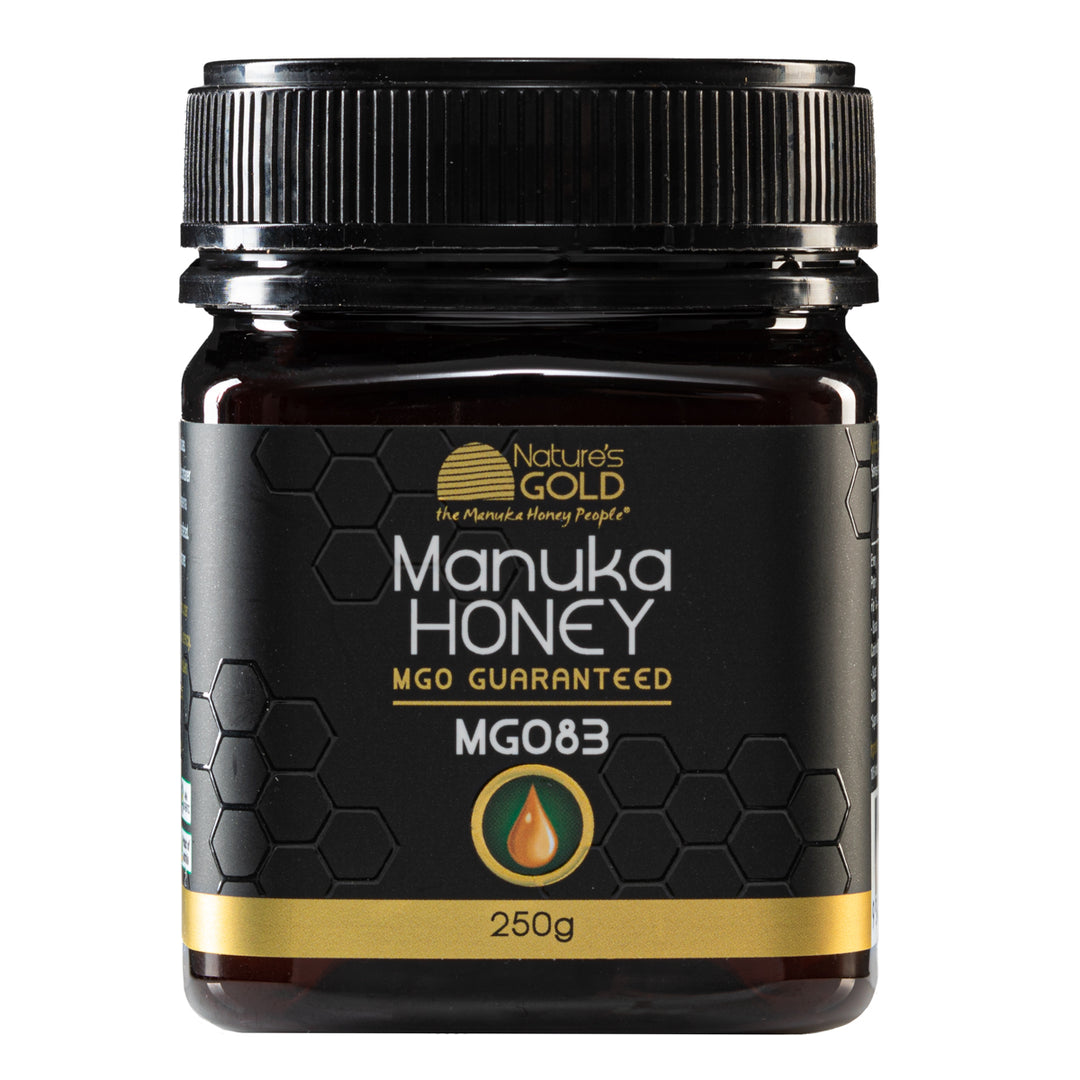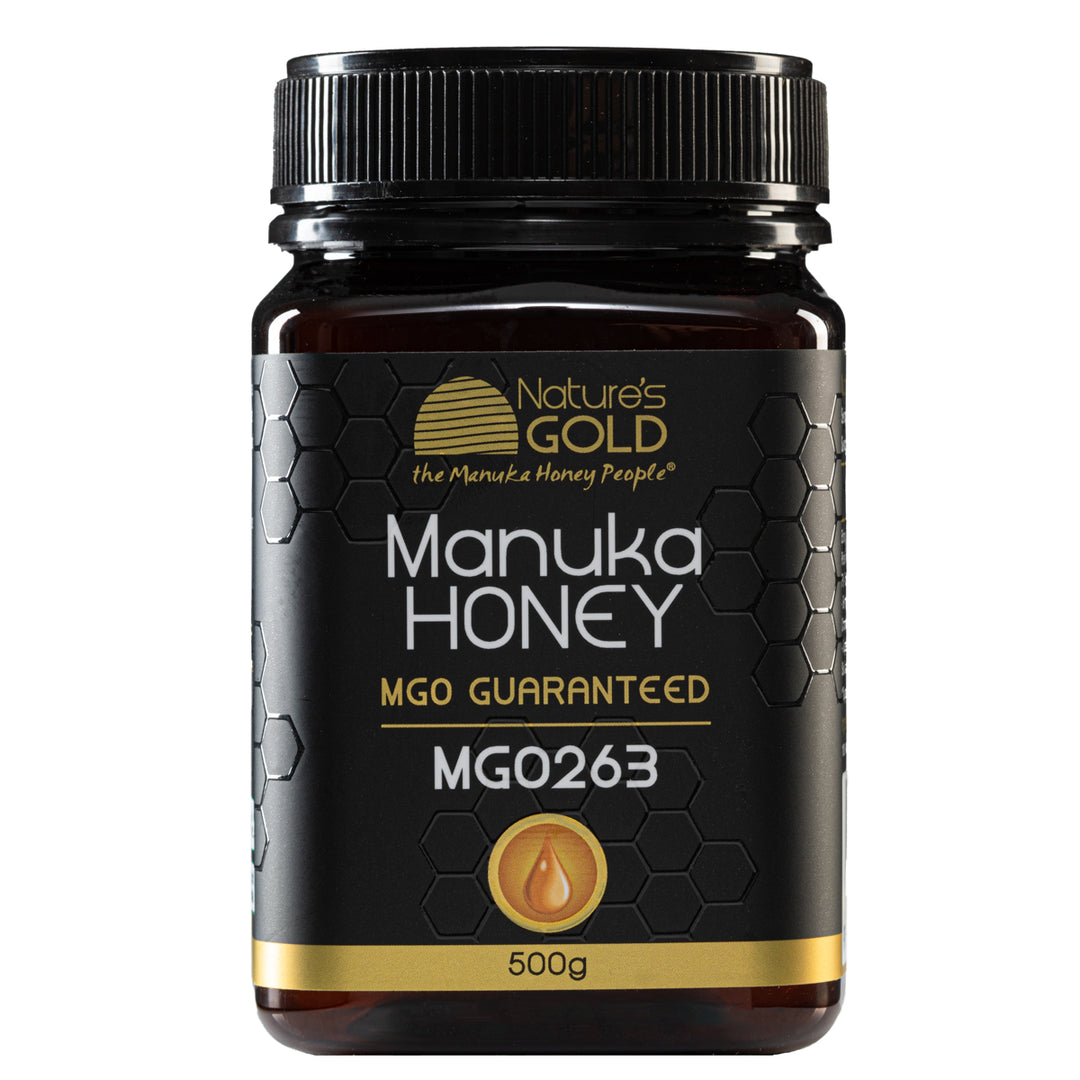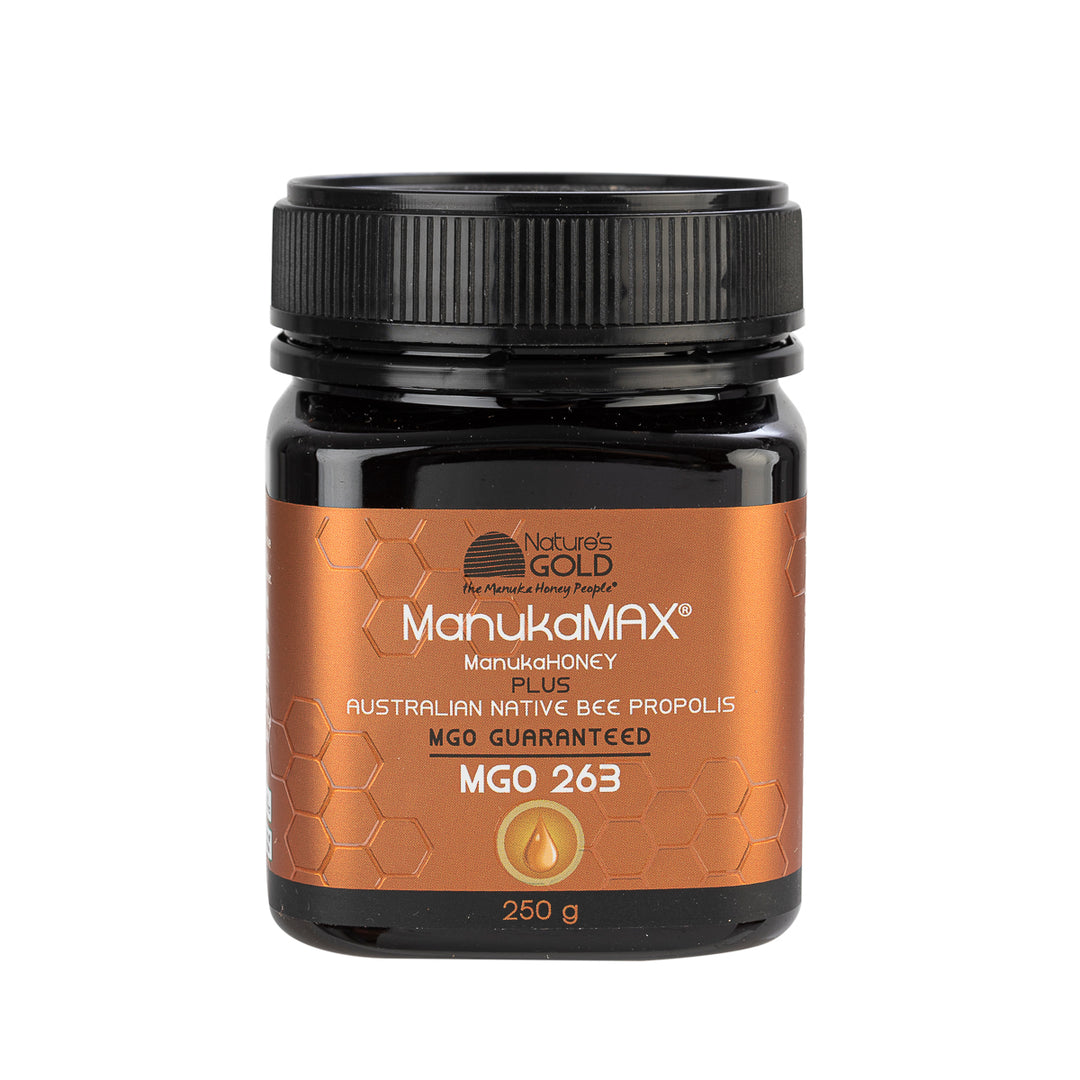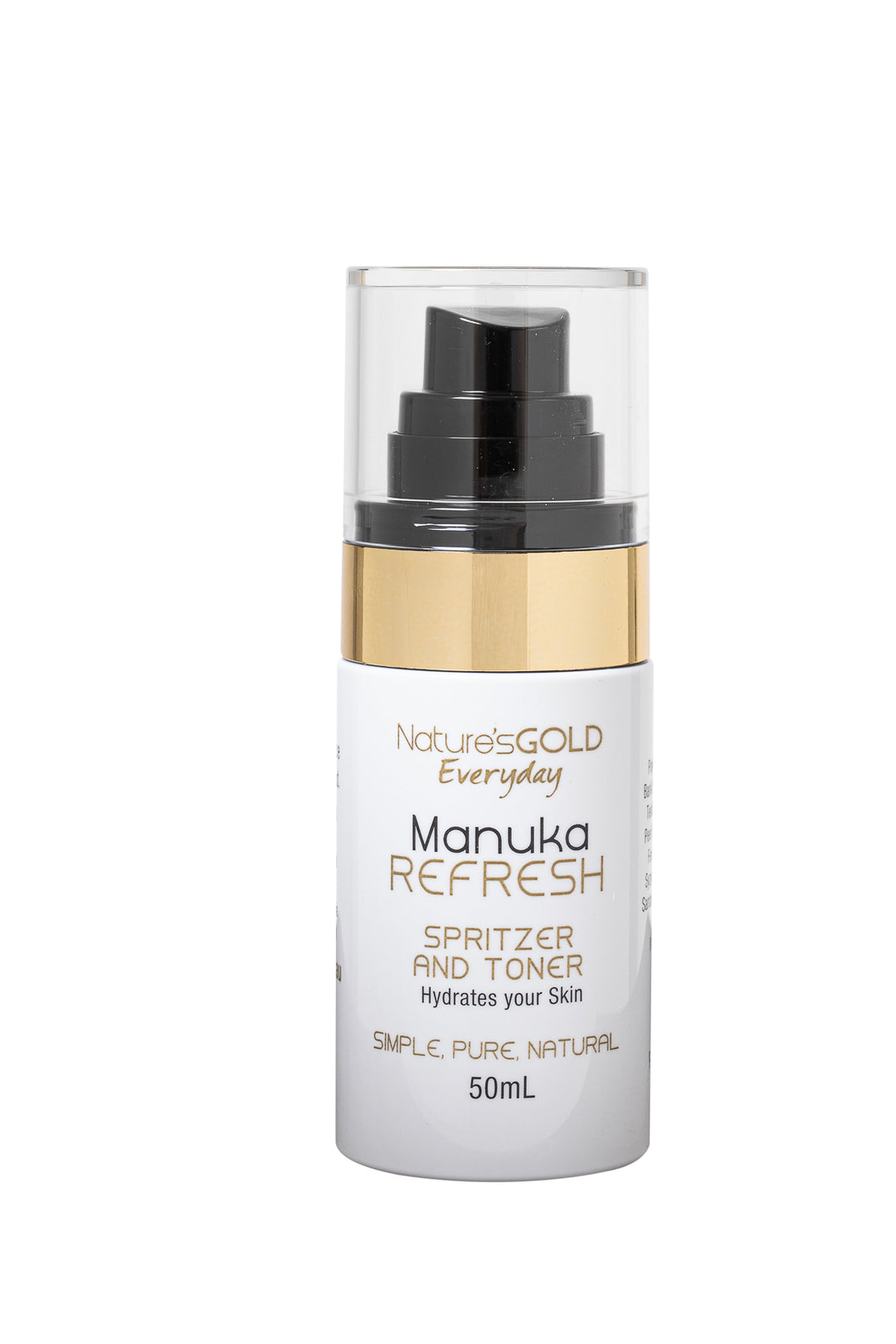Kidneys are vital organs responsible for balancing electrolytes, regulating pH balance, filtering toxins and waste products from our bloodstream, and more.
However, a variety of diseases and conditions can affect or damage our kidneys, leading to health problems such as kidney and urinary tract infections, kidney stones, and kidney disease. Problems with kidneys can also increase the risk of other conditions like cardiovascular disease.
You can look after your kidney health by maintaining a healthy lifestyle, which includes a healthy diet, exercise, limiting alcohol consumption, and quitting smoking.
Manuka honey may also be beneficial for kidney health because of its anti-inflammatory and antioxidant properties. However, any clinical evidence that demonstrates the direct effect of Manuka on our kidneys is extremely limited.
Potential benefits of Manuka honey for kidney health
With no clear evidence of the health benefits of Manuka honey on your kidney health, it’s best to consult your healthcare provider before consuming honey to support your kidneys.
However, because of Manuka’s powerful healing properties, the honey may provide some benefits for your kidney health. Here is how:
1) Manuka honey contains methylglyoxal (MGO), a compound responsible for its strong anti-inflammatory properties. This could be beneficial for chronic inflammatory conditions associated with kidneys, such as chronic kidney disease (CKD).
A 2018 animal study found that two types of honey, Manuka and Talh, can protect against liver and kidney damage caused by cisplatin, a chemotherapy drug. The honeys reduced inflammation and Manuka honey was particularly effective in reducing changes in kidney tissues.
2) Chronic kidney disease (CKD) is associated with a myriad of infections, which are commonly treated with antibiotics. However, some infections are resistant to antibiotics, such as Methicillin-resistant Staphylococcus aureus (MRSA). Manuka honey has previously been reported to inhibit MRSA and has the potential for treating wounds associated with MRSA.
A 2015 review of studies found some evidence that honey, including Manuka honey, may be effective for preventing and treating infections in people with CKD.
Here are the main points reported in the review and why honey may be effective for CKD-related infections:
- Honey doesn’t seem to cause bacteria to become resistant.
- Honey has broad antimicrobial properties, effective against many types of bacteria, viruses, and fungi.
- Manuka honey is especially potent and can work even when diluted.
- Honey has been shown to help heal wounds and treat skin infections by creating a protective barrier and keeping the infected area moist while healing.
- Honey also contains micronutrients that aids healing.
- For CKD patients, honey was tested for preventing infections related to dialysis catheters and found that honey was as effective as the antibiotic mupirocin in preventing bloodstream infections, while another small study compared honey to povidone-iodine for catheter exit site care.
3) Manuka honey can inhibit growth and kill bacteria associated with urinary tract infections (UTIs) and one study showed that diluted Manuka honey strongly inhibited the ‘stickiness’ of the bacteria, and therefore the development of a biofilm on urinary catheters suggesting that honey solution might be useful for flushing urinary catheters to keep them clean while they remain in the bladder.
How to take Manuka honey for kidney health
Honey should be consumed in moderation to avoid excessive sugar intake. This is especially important as the high sugar content in Manuka can be problematic for people with diabetes or those at a risk of developing diabetes—a common issue in people with kidney disease.
People with kidney disease are also on a specific diet, so it’s important to consult with a healthcare provider before consuming any honey.
Use premium Manuka honey to support your overall health, including kidney health, by adding a teaspoonful of honey to your teas or taking it with warm water. You can also combine it with other anti-inflammatory foods like turmeric, ginger or lemon.
We suggest using low grade Manuka such as MGO 30 or 83, if you are heating it in tea or water, or take a spoonful of any strength higher than MGO 263 daily on an empty stomach with nothing to be consumed for 30 mins after.
Looking for high-quality premium Manuka honey? You can find it in our online store.











ทิ้งข้อความไว้